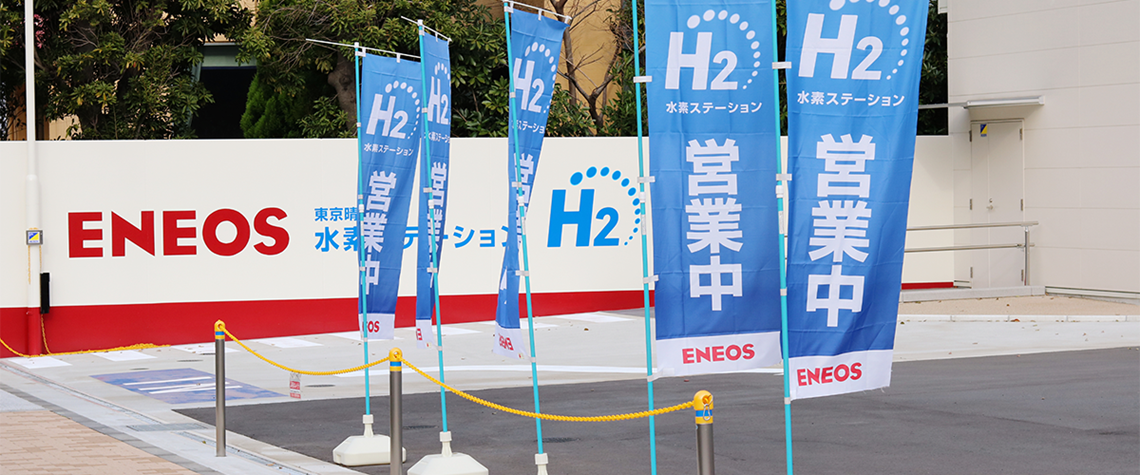Japan targets Southeast Asia’s hydrogen potential
Government’s decarbonisation drive, deep economic ties and beneficial geography drive investment in the region
Southeast Asia may not have made the most headlines in the race to lead the emerging hydrogen economy, but Japanese firms are certainly eyeing the region’s long-term potential. Roughly half of all hydrogen projects in Southeast Asia since 2020 have had direct Japanese financial involvement, according to research from Columbia University’s Center on Global Energy Policy. Malaysia is one country seeing plenty of activity. Japanese oil firm Eneos, together with trading house Sumitomo, recently announced plans to produce c.90,000t/yr of CO₂-free hydrogen in the Malaysian state of Sarawak. In 2022, Eneos also partnered with state-owned oil giant Petronas to test commercial low-carbon hydrogen pro

Also in this section
25 July 2025
Oil major cites strategy reset as it walks away from Australian Renewable Energy Hub, leaving partner InterContinental Energy to lead one of world’s largest green hydrogen projects
23 July 2025
Electrolysis seen as most leakage-prone production pathway as study warns of sharp increase through 2030 and beyond
22 July 2025
The gas-hungry sector is set for rapid growth, and oil majors and some of the world’s largest LNG firms are investing in ammonia production and export facilities, though much depends on regulatory support
16 July 2025
Major manufacturer cancels rollout of new hydrogen-powered vans and strengthens focus on battery electric and hybrid markets








